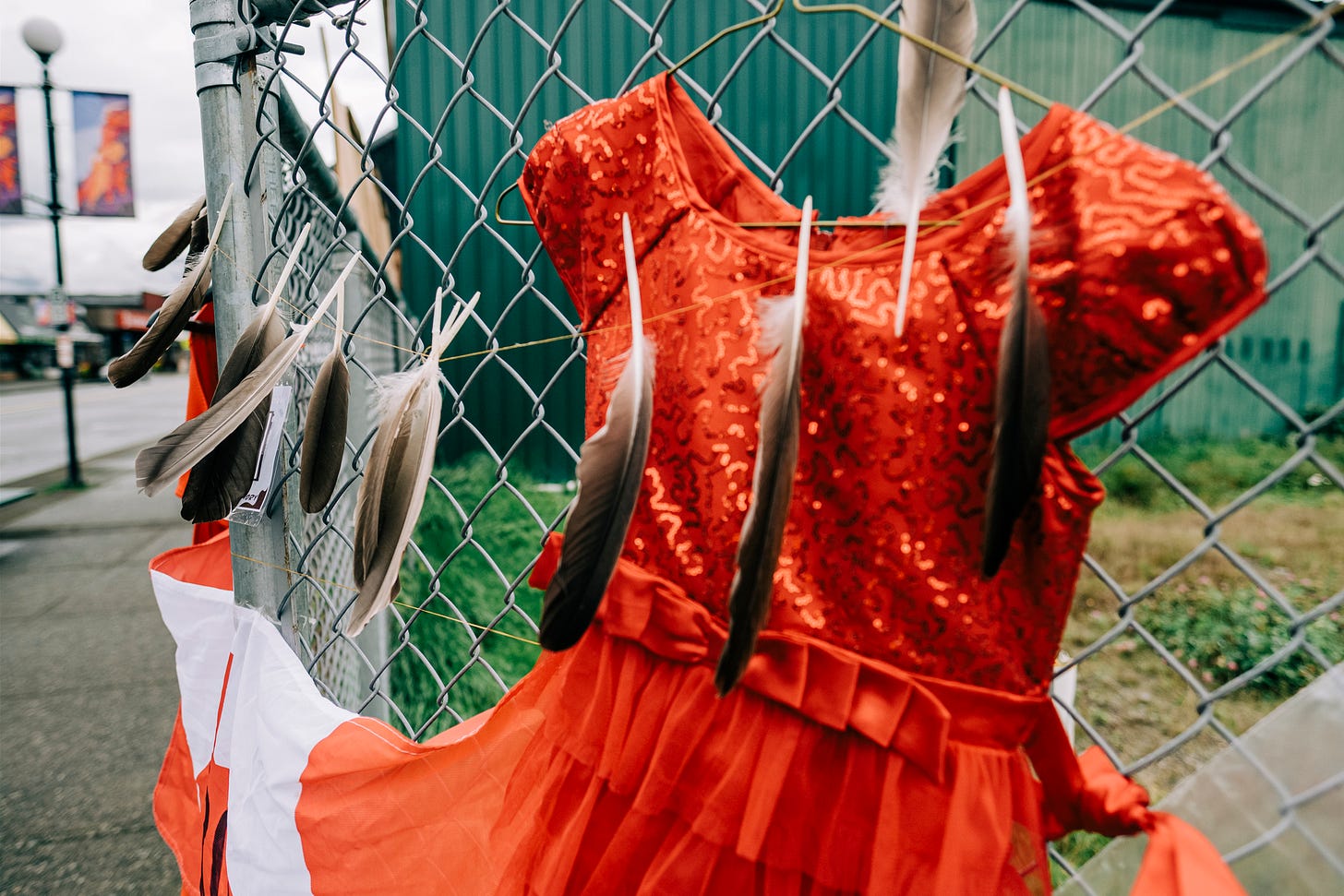Sandra LaFleur: A lesson in Indigenous and non-Indigenous ally relations
Why should Indigenous people be the only ones asked to share their trauma? Is it some form of entertainment for non-Indigenous allies?

Keep reading with a 7-day free trial
Subscribe to Indigenous Wire to keep reading this post and get 7 days of free access to the full post archives.
